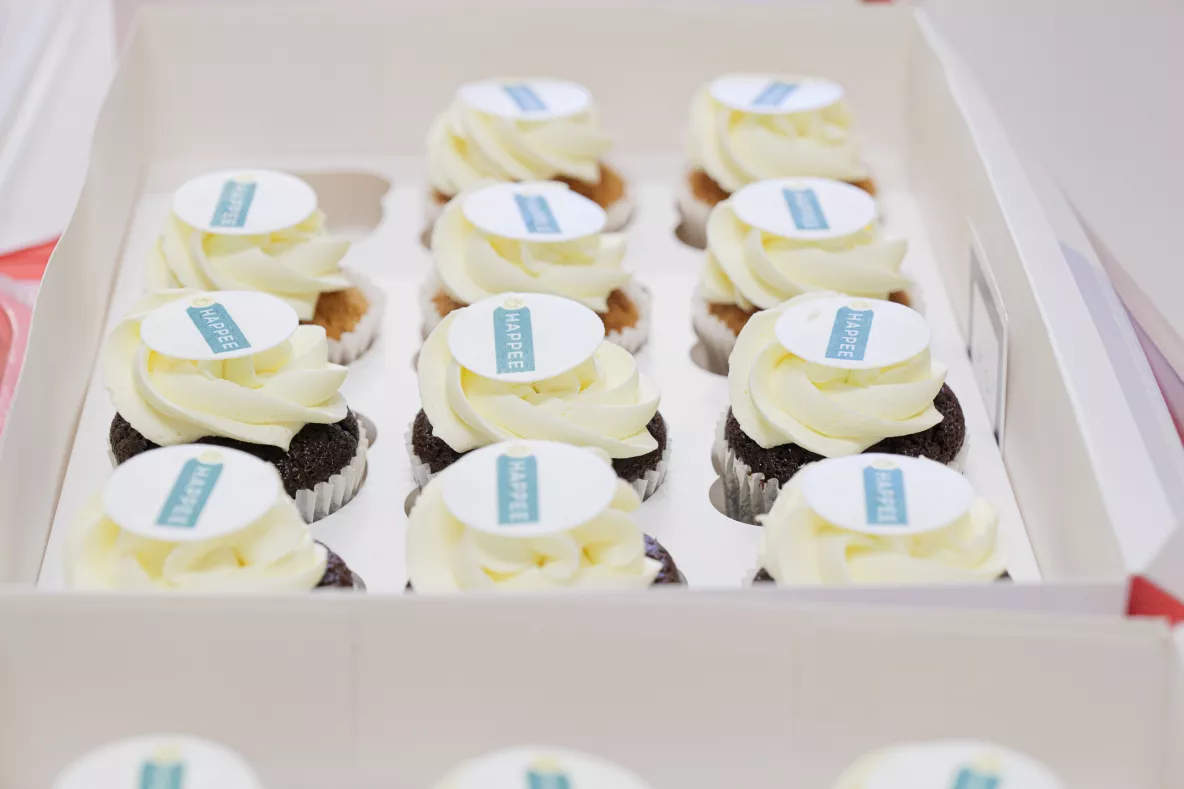
An innovative programme placing University of Limerick students in primary schools is helping to provide better outcomes for children and families in regeneration communities.
Health Alliances for Practice-based Professional Education and Engagement – or HAPPEE – is a UL community partnership delivering in-school interventions in physiotherapy, occupational therapy and speech and language therapy.
The collaboration between UL, Limerick City and County Council, St Gabriel’s Foundation and six primary schools in Limerick places UL students training to be physiotherapists, occupational therapists and speech and language therapists directly into classrooms.
The HAPPEE project was first piloted in 2020 and 2021 in Corpus Christi Primary School and was expanded to five more schools in September 2023.
The project has already created a positive experience for the children, their families and staff in the schools during the first round of placements.
The students are supervised by fully qualified, experienced clinicians provided by St Gabriel’s and supported in their academic training by the School of Allied Health at UL.
Student placements typically last between 8-10 weeks and over the next two years, HAPPEE will provide 96 new student placements for UL students.
The UL students will work with school staff, whole classes, small groups and a small number of individual children and their families to provide therapeutic supports, which might otherwise be hard to access.
HAPPEE benefits the community by supporting the early identification of needs and providing services in communities with community support and it also creates new and sustainable student placements for the University.
The two-year pilot will service pupils from Our Lady Queen of Peace Primary School, St Mary’s Primary School, Corpus Christi Primary School, Gaelscoil Sheoirse Clancy, Le Chéile and Our Lady of Lourdes Primary School.
The project, which successfully applied for funding from the Government’s ‘What Works’ programme this year, is led by Professor Nigel Healey, VP Global and Community Engagement, UL, with a view to supporting local communities and enhancing opportunities for all those who live there.
“UL was founded to provide education to the young people of the Mid-West and to support the economic and social regeneration of our region,” he explained.
“It is clear that while Limerick as a whole is thriving, there are communities within our city that have not shared these benefits. This project is an important contribution by the University to giving everyone in Limerick an equal opportunity to thrive and fulfil their potential.”
Principal Eoghan O’Byrne from St. Mary’s Primary School, one of the first schools to facilitate the placements, welcomed the collaboration.
“The HAPPEE project has the ability to create a multi-disciplinary approach that will benefit all the children in the school. This transformative project will help increase educational outcomes and attainment.
“We have huge needs within the school and wide range of complex needs as well. The HAPPEE project allows us to address those needs at a very early stage to provide early intervention and the major benefit of the programme is that it is taken out of that clinical setting and put into the community setting. We find that that there is huge proportion of children that attend and engage very well in the community setting and that is shown throughout the HAPPEE project as well,” Mr O’Byrne added.
Joe Delaney, Director of Limerick Regeneration, said: “The HAPPEE project is an innovative example of key stakeholders working together in the community to address problems. It demonstrates an alternative approach to providing essential public services for those most in need. Limerick City and County Council, together with funding from the Department of Housing, Heritage and Local Government, is delighted to be associated with this project.”
Treasa McAuliffe, CEO, St. Gabriel’s Foundation, said: “St Gabriel’s are delighted to be part of this collaborative initiative with the School of Allied Health, UL, as we truly believe that it will provide better outcomes for children and their families.”
Associate Professor Aileen Wright, Head of UL’s School of Allied Health, said: “Interacting directly with the community deepens students’ understanding of the lived experiences of service users and informs their future practice as healthcare professionals.
“Overall, such placements contribute to the comprehensive education and development of healthcare professionals who are better equipped to address the needs of those communities.”
UL physio student Rachel Cawker said the placement was “great, it was really fun working with the kids. We had a great bunch of kids, and it was a really great learning opportunity to understand what kind of services we can provide to kids within the school and as well as how much this would help and benefit them in their development as they progress on.”
UL speech and language student Claire Beardsley said: “I found the placement to be a really great experience; I got the chance to work with teachers, students from other disciplines which was really interesting, and I got to learn loads that way.”
The HAPPEE project is facilitated by UL Engage in the Office of the Vice President for Global and Community Engagement. UL Engage works to build partnerships between higher education, government and communities to address societal challenges together.